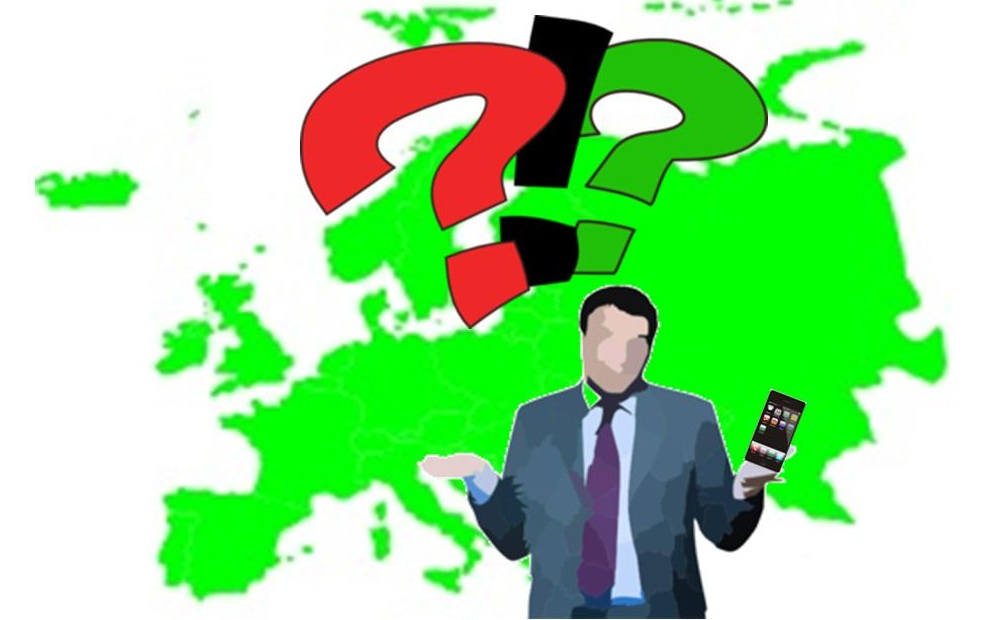Google and ZenithOptimedia join to promote mobile commerce and marketing
Google has announced a new and ambitious partnership with ZenithOptimedia, a leading media services agency. Together, the two companies intend to encourage brands to increase their spending in the mobile space. This includes promoting various mobile-centric services within the realms of marketing and commerce. Mobile commerce, in particular, is a major interest for Google as the company has been working to establish a foothold in this sector for the past two years.
Partnership spawns Horizon venture
Together, Google and ZenithOptimedia have launched Horizon, a joint venture that aims to provide consultancy services to large brands. Horizon will be responsible for highlighting the benefits that could be seen through engaging the mobile sector. More effective mobile marketing techniques could be a major boon for brands looking to engage consumers in a more dynamic way. With the number of consumers with mobile devices growing, marketing on this channel is becoming more important.
 Horizon to promote the benefits of mobile commerce and marketing
Horizon to promote the benefits of mobile commerce and marketing
Horizon will also work to draw some attention to mobile commerce, highlighting the benefits that could be found through the offering of comprehensive mobile commerce services. Consumers with smartphones and tablets have shown their strong interest in using these devices to purchase goods. As consumers become more mobile, their interests in mobile commerce are growing, creating promising opportunities for brands eager to connect with a new generation of consumers.
Google eager to establish foothold in mobile commerce
Google has been working to etch out a place for itself in mobile commerce, but already holds a formidable stance in the marketing space. The company recently reformed its AdWords platform in order to provide better services to marketers. The company has a strong interest in supporting the mobile initiatives that these marketers may have interest in and continues to make changes to popular platforms to support this. ZenithOptimedia has similar interests and is eager to see brands become more mobile conscious in the near future.

 Europe 500 aims to solve the language problem
Europe 500 aims to solve the language problem